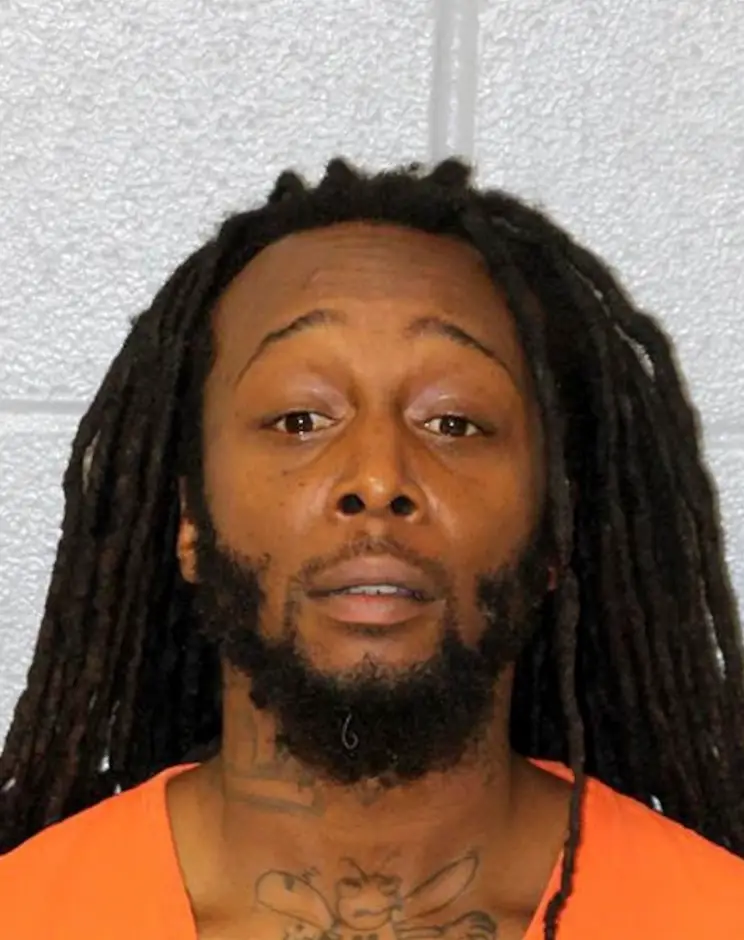
Following the proposal of a bill that could seek an unconventional method of execution for the killer of Ukrainian refugee Iryna Zarutska, a number of ethical concerns have been raised.
Known as Iryna's Law, the potential new legislation was enacted by lawmakers in North Carolina earlier this month in the wake of the 23-year-old's tragic murder. While travelling on a Lynx Blue Line train through Charlotte on 22 August, shortly before 10pm, Zarutska was violently stabbed to death by Decarlos Brown Jr, who was sitting behind her.
Following his arrest, it quickly emerged that Brown Jr had a vast criminal history, having been arrested over 14 times prior to murdering Zarutska. His previous crimes included robbery and larceny convictions.
Despite his family claiming the cold-blooded killer had long battled severe mental health issues, Brown Jr was subsequently charged with first-degree murder, as well as committing an act causing death on a mass-transportation system.
Advert

In the weeks since, lawmakers have introduced a criminal justice reform that seeks to implement stricter measures for violent offenders, and more specifically, could see the death penalty reintroduced in North Caroline, after this means of punishment was caused in 2006.
The bill could also dictate the specific means by which Brown Jr could be executed, with many approvers of the legislation actively seeking the firing squad, as opposed to lethal injection. If passed, Iryna's Law will also see violent criminals denied bail without cash, and require more regular mental health evaluations for defendants accused of heinous crimes.
Despite garnering mass support - including partially from Democratic Governor Josh Stein, and New Hanover County Republican Chairman John Hinnant - the legislation has also faced some ethical criticism.

This is specifically with regards to mental health considerations, with some opposers insisting that the punitive measures put forward in the official legal proposal somewhat overlook larger-scale services in the States.
Deborah Dicks Maxwell, for example, who works as the North Carolina NAACP President, has suggested that the potential legislation is being put forward in a 'reactionary' way, as opposed to being reformative.
"We have to be better in North Carolina," she told WCCB Charlotte. "Set an example and show that we can be fair in sentencing, fair in providing mental health services, and be just about it."

Taking this criticism further, others experts have questioned whether the implementation of Iryna's Law will actually reduce violent crime, or whether it'll increase incarceration rates while failing to address the influence of other, underlying factors, like finances or systemic inequality.
Lastly, while Governor Josh Stein is all for the potential reintroduction of capital punishment in Brown Jr's case, he has expressed his disapproval of the firing squad cause, branding this execution method 'barbaric'.
He went on to vow that there 'will be no firing squads in North Carolina during my time as governor'.
Topics: US News, News, World News, Crime